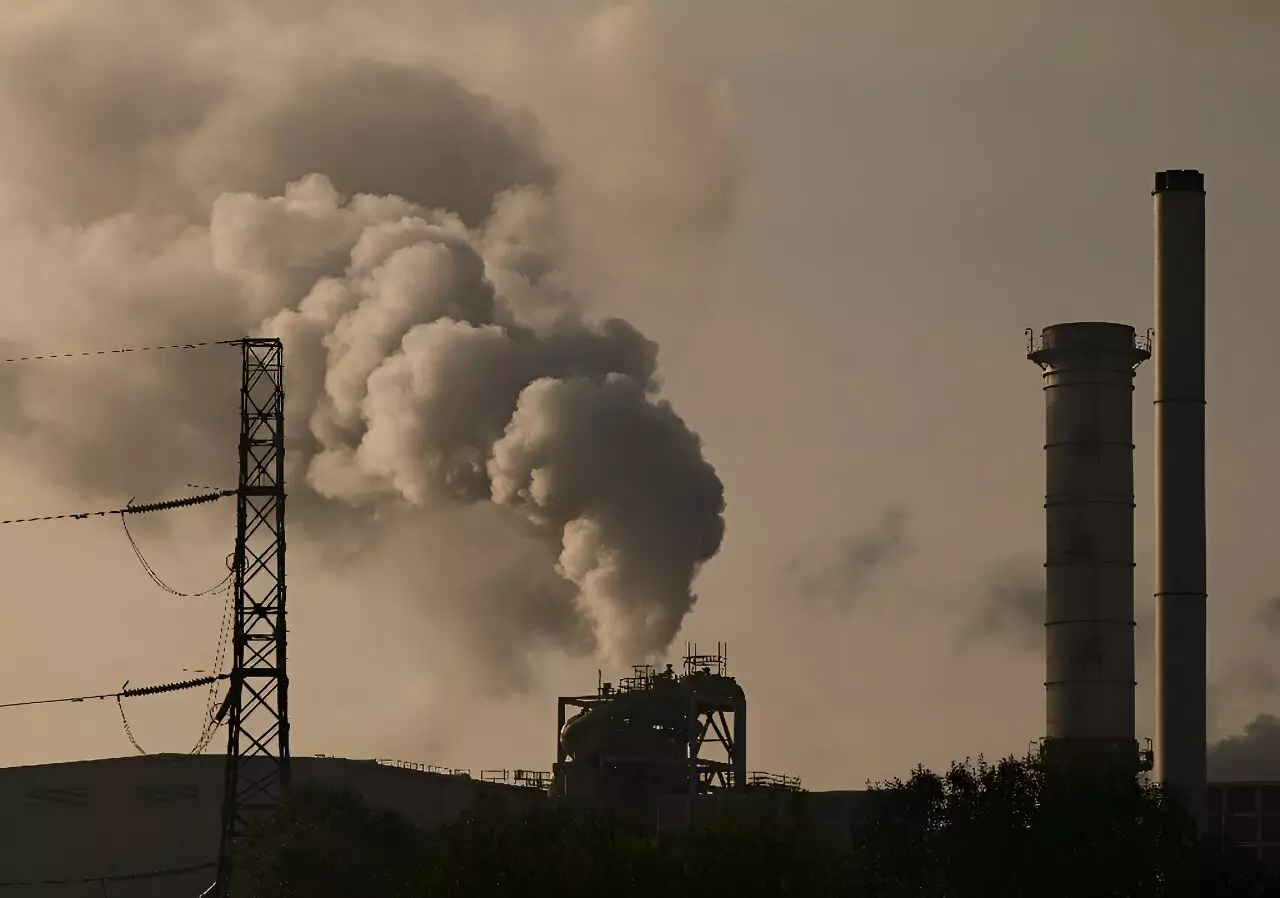The recent announcement by British Prime Minister Rishi Sunak’s government to construct new gas-fired power stations has ignited a debate about the country’s climate policies and energy security. Despite the Conservative government’s goal of achieving net zero carbon emissions by 2050, the decision to build gas power plants has raised concerns among environmentalists and opposition parties. The government’s rationale behind this move is to ensure a reliable energy source during times when renewable energy generation is insufficient, such as cloudy or windless days.
Critics of the government’s decision, including Labour energy spokesman Ed Miliband and organizations like Greenpeace UK, argue that investing in gas-fired power stations contradicts the UK’s overall objective of combating climate change. Miliband specifically called for a shift towards renewable energy sources, such as onshore wind turbines, and highlighted the importance of incorporating carbon capture and hydrogen technologies to support a decarbonized power system. The reliance on gas, according to critics, not only hinders progress towards reducing carbon emissions but also perpetuates the country’s vulnerability to fossil fuels and external energy disruptions.
The government’s emphasis on energy security and affordable electricity and gas bills post-Russian invasion of Ukraine in 2022 has been a driving factor behind the decision to build new gas power stations. With the threat of potential blackouts looming, Energy Minister Claire Coutinho warned about the necessity of gas to back up renewable energy sources. The government’s argument is that a balanced energy mix, including a small amount of gas-fired power, is essential to ensure a stable and secure energy supply for the country.
Climate Change Committee’s Stance and Policy Adjustments
The independent Climate Change Committee (CCC) has acknowledged the compatibility of a limited amount of gas-fired power in a decarbonized power system to maintain energy supply reliability. However, the government’s decision to prioritize gas over renewable energy alternatives has raised questions about the country’s commitment to its net zero goals. Sunak’s previous adjustments to the net zero timeline, such as delaying the ban on petrol and diesel cars, have also signaled a potential shift in climate policy priorities.
While the government’s focus on energy security is a legitimate concern, critics argue that a sustainable energy transition must prioritize renewable energy sources and technologies. The balance between ensuring reliable energy supply and reducing carbon emissions remains a central point of contention in the debate over the UK’s energy future. The government’s decision to invest in gas-fired power stations reflects a broader dilemma facing policymakers globally—how to reconcile short-term energy needs with long-term climate goals.
The UK’s decision to build new gas-fired power stations has sparked a heated debate over the country’s energy policy and climate commitments. While energy security and affordability are important considerations, the government’s reliance on gas as a primary energy source has drawn criticism from environmentalists and opposition parties. As the world grapples with the challenges of transitioning to a low-carbon future, the UK’s approach to balancing energy security, economic considerations, and climate objectives will continue to be a subject of scrutiny and debate.


Leave a Reply